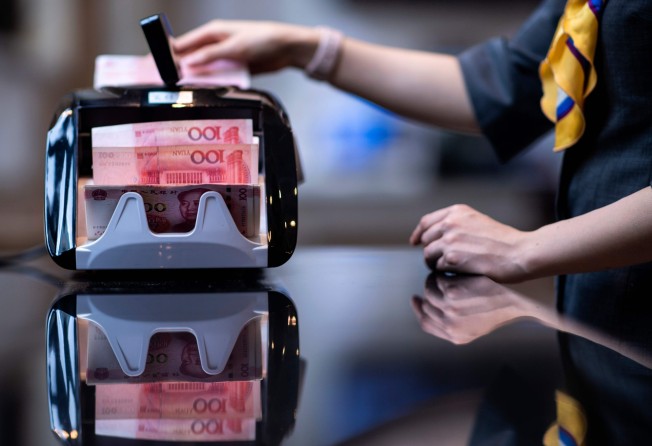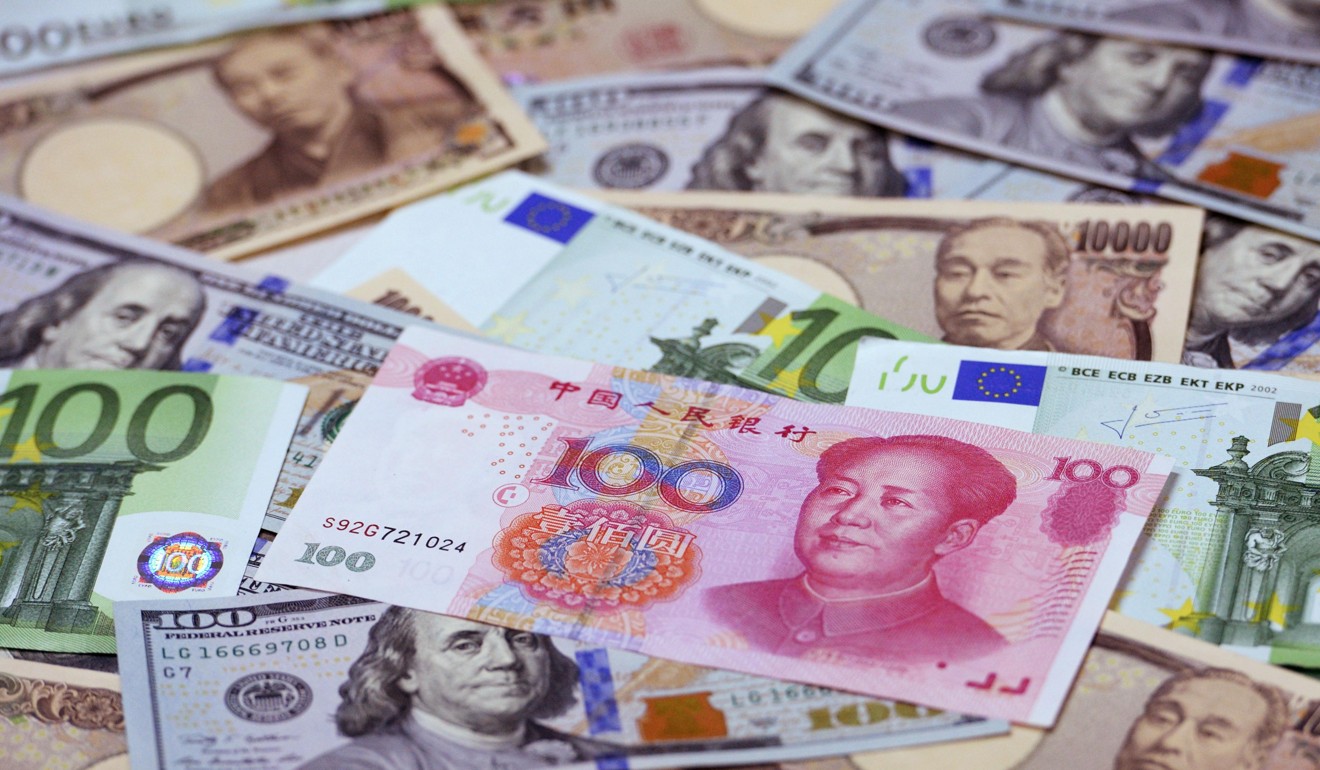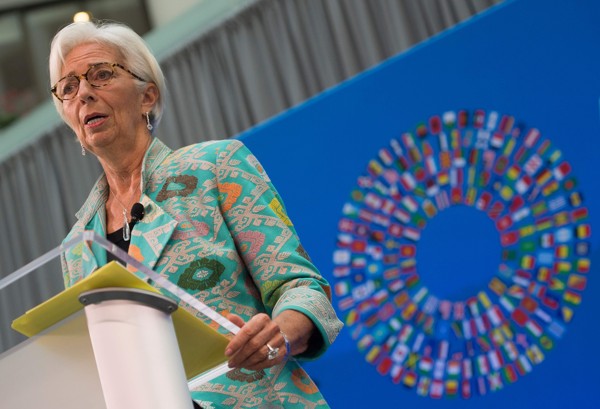China’s yuan more popular as reserve currency despite trade war, IMF data shows
Yuan’s share of global foreign exchange reserves rose to 1.84 per cent in the second quarter, as many central banks looked past US-China trade war

Central banks around the globe are investing in more Chinese yuan as part of their foreign exchange reserves, with the currency moving up one notch in the global league table of central bank holdings.
Despite the progress, however, the yuan’s share of total reserves remains modest and well behind that of the “big three” currencies – the US dollar, the euro and the Japanese yen – as a reserve asset.
The share of China’s yuan in global central bank reserves rose one position, overtaking Australia’s dollar, to take sixth place among all currencies, despite mounting US-China trade tensions and a decline in the yuan exchange rate, according to the latest data from the International Monetary Fund (IMF).
Holdings of yuan assets by global central banks increased for a fourth straight quarter to US$193.4 billion in the second quarter of this year, to 1.84 per cent of all reserve assets, the IMF data shows.
That compares with the yuan’s 1.40 per cent share in the first quarter, 1.23 per cent at the end of 2017 and 1.07 per cent at the end of 2016.
“Some central banks see the uncertainty emanating from the trade war as temporary only, and remain positive over China’s long-term outlook,” said Chris Leung, China & Hong Kong economist at DBS Bank. “They may actually be adding to their yuan holdings because the currency has fallen so much, making it a cheap investment.”
In the second quarter, the yuan’s value slid 5.2 per cent against the US dollar, as the greenback rose due in part to the continued interest rate increases by the US Federal Reserve.

But the yuan still has a long way to go to match, let alone replace, the US dollar or even the euro or yen, as the world’s favourite reserve currency. Reserve holdings in the yuan remains well behind the big three in terms of volume.
The share of US dollar reserves of global central banks shrank to 62.25 per cent in the second quarter, its lowest level since 2013, while the euro was in second place at 20.26 per cent and the yen in third place at 4.97 per cent.
Global central banks have been gradually increasing the share of yuan in their foreign exchange reserve holdings since the IMF included it in its Special Drawing Rights currency basket, officially making it a world reserve currency, on November 30, 2015.
As a payment currency for domestic and international merchandise trade, the yuan kept its position as the fifth most active currency by value in August 2018, with a share of 2.12 per cent, according to data from global payments messaging system, SWIFT.
History shows that, while it is tempting to sail alone, countries must resist the siren call of self-sufficiency – because as the Greek legends tell us, that leads to shipwreck
Overall, the value of yuan payments increased by 2.18 per cent from July, whilst in general all payments currencies decreased by 1.36 per cent.
That compares to the US dollar, which accounted for 39.69 per cent of transactions in August, the euro for 34.13 per cent and the pound for 6.88 per cent.

The rapid escalation in the US-China trade friction appears to be spurring China to take stops to accelerate the internationalisation process of the yuan, also known as the renminbi.
Last week Chinese President Xi Jinping also said the trade war was forcing China to rely more on itself for development, and that “it’s not a bad thing”.
However Christine Lagarde, the IMF’s managing director, on Monday warned that countries should work together to resolve the current trade disputes, and to build a global trade system that is stronger and fairer.
She said there were signs that global growth had plateaued, becoming less synchronised with fewer countries taking part in the expansion.
“History shows that, while it is tempting to sail alone, countries must resist the siren call of self-sufficiency – because as the Greek legends tell us, that leads to shipwreck,” Lagarde said.